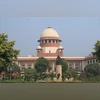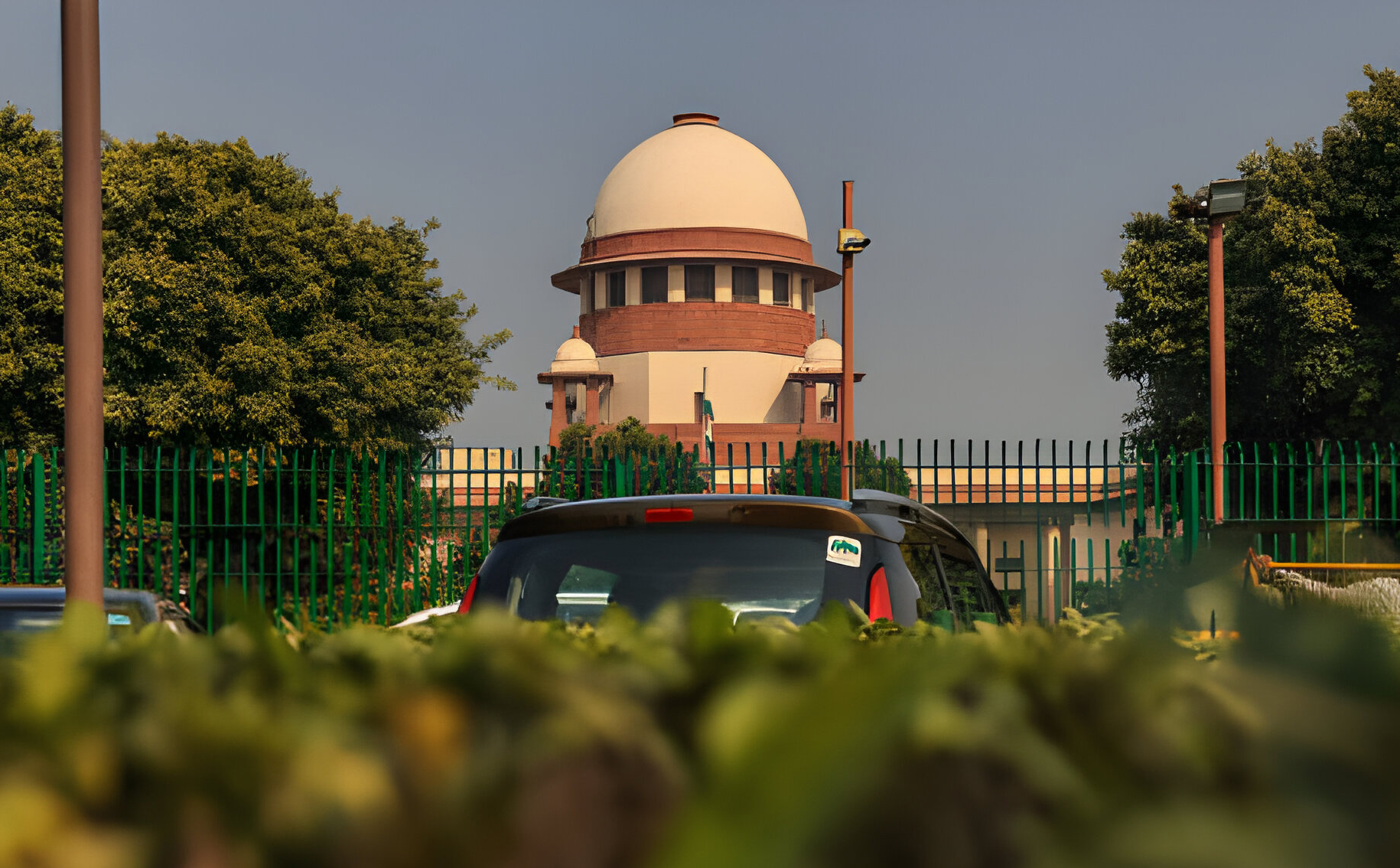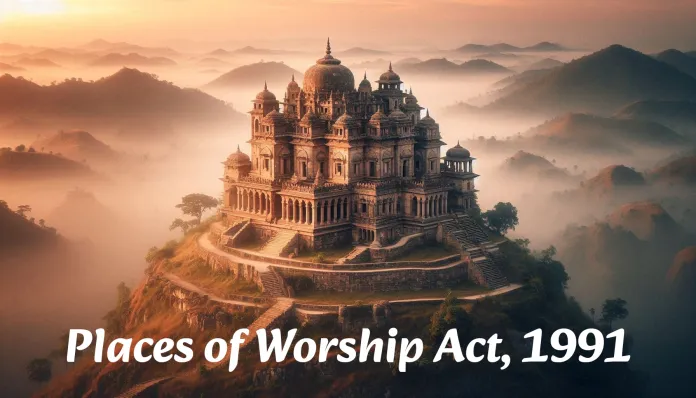In a significant legal development, the Supreme Court of India has scheduled a hearing on December 12 to address multiple writ petitions challenging the constitutionality of the Places of Worship Act, 1991. The hearing will be conducted at 3:30 PM by a special bench comprising Chief Justice of India Sanjiv Khanna and Justices Sanjay Kumar and K.V. Viswanathan.
Key Arguments Against The Act
The petitioners argue that the 1991 Act, which mandates the maintenance of the status quo concerning the character of religious structures as they stood on August 15, 1947, is arbitrary and infringes upon the fundamental rights enshrined in Articles 14 and 25 of the Indian Constitution.
The lead petition, Ashwini Kumar Upadhyay v. Union of India, filed in 2020, has been the focal point of these challenges. The petition asserts that the Act prevents individuals from practicing their religion freely and fairly. The Court had issued a notice to the Union Government in March 2021, asking for its response.
Additional petitions, including Vishwa Bhadra Pujari Purohit Mahasangh v. Union of India and Dr. Subhramanian Swamy and Others v. Union of India, have also raised concerns about the Act. The petitioners contend that the legislation imposes an unreasonable restriction on the rights of citizens, thereby contravening constitutional principles.
)
Government Delays Counter-Affidavit Submission
Despite the Supreme Court’s repeated directives, the Union Government has yet to file its counter-affidavit in the matter. Initially, the Court had granted time until October 31, 2023, for the government to submit its response. However, no affidavit has been filed to date.
During the July 11, 2023, hearing, the Supreme Court emphasized the importance of resolving the issue and instructed the Union to expedite its response. Legal experts believe that the government’s stance on the matter will play a crucial role in determining the future of the Act.
Gyanvapi Mosque Managing Committee Intervenes
Adding another layer of complexity to the case, the Managing Committee of the Gyanvapi Mosque has filed an intervention application in the Supreme Court. The committee stated that it is a key stakeholder in this legal debate, as multiple suits have been filed seeking the removal of the mosque despite the legal bar under Sections 3 and 4 of the Places of Worship Act.
The intervention argues that declaring the Act unconstitutional could lead to “drastic consequences,” potentially opening the floodgates for legal challenges against numerous religious structures across the country. The committee’s intervention underscores the sensitive nature of the issue and the potential implications for communal harmony.
Background Of The Places Of Worship Act
Enacted in 1991, the Places of Worship (Special Provisions) Act seeks to maintain the religious character of places of worship as they existed on August 15, 1947. The Act prohibits the conversion of any place of worship and bars legal proceedings concerning such conversions.
The only exception to this rule is the Ram Janmabhoomi-Babri Masjid dispute, which was specifically excluded from the Act’s purview. The legislation was introduced to preserve communal harmony and prevent disputes over historical religious sites.
However, critics argue that the Act unfairly curtails the rights of individuals and religious communities to seek legal redress in cases involving disputed religious sites.

Political And Social Implications
The debate over the Places of Worship Act has significant political and social implications. Supporters of the Act argue that it is essential for maintaining communal harmony and preventing the rekindling of historical disputes.
On the other hand, critics, including some religious organizations and legal experts, believe that the Act imposes unreasonable restrictions on the fundamental rights of individuals and religious communities.
The case has also attracted the attention of political parties, with some aligning themselves with the petitioners’ arguments, while others advocate for the retention of the Act to ensure social stability.
Legal Experts Weigh In
Legal analysts suggest that the Supreme Court’s decision in this case could set a significant precedent for the interpretation of constitutional rights concerning religious freedom and equality.
“Challenging the constitutionality of the Places of Worship Act is a complex issue that requires a delicate balance between preserving communal harmony and upholding constitutional principles,” said a senior advocate familiar with the matter.
Another expert noted that the delay in the Union Government’s response indicates the sensitive nature of the issue and the potential political ramifications of the Court’s ruling.

Anticipation Builds Ahead Of The Hearing
As the December 12 hearing approaches, anticipation is building among legal experts, religious organizations, and political observers. The special bench of the Supreme Court will have the challenging task of addressing the constitutional questions raised by the petitioners while considering the broader implications for social harmony and legal precedent.
The outcome of the hearing could have far-reaching consequences, not only for the Places of Worship Act but also for the broader discourse on religious rights and constitutional freedoms in India.

